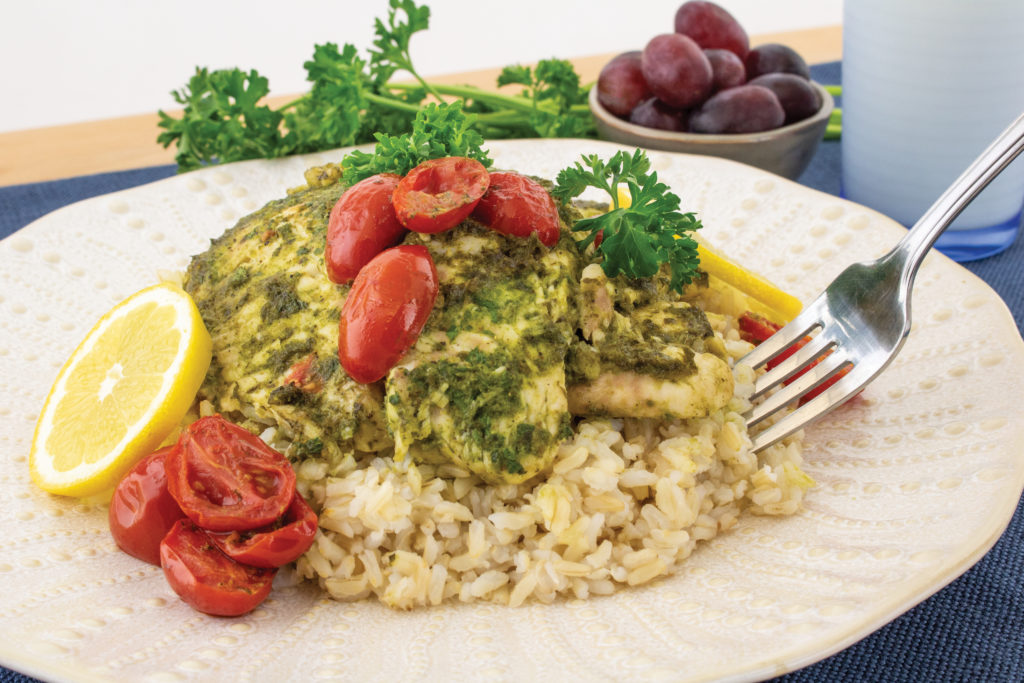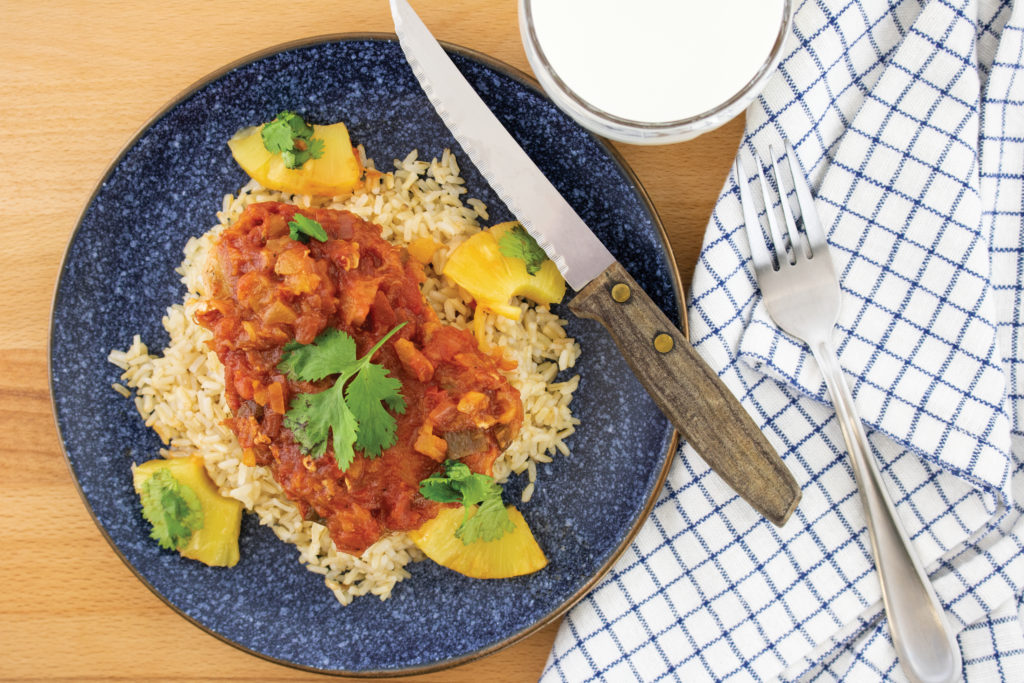Welcome back to our nutrition during pregnancy series! In our last blog we talked about recommended nutrition during pregnancy (link to part 1) and today we will cover foods and drinks that you should try to limit or avoid during pregnancy. To help make the healthier choice the easy choice, we will give tips and healthy alternatives to these foods!
Let’s start with beverages.
Caffeine
- Caffeine is found in coffee, tea, energy drinks, some soda, and chocolate.
- Most research has found that low to moderate consumption of caffeine during pregnancy is ok. This is equal to no more than 200mg/day which is equal to about two 6 oz cups of coffee per day.
- Excess consumption of caffeine per day increases the chances of low birth-weight babies.
| Healthy alternatives |
| If you find yourself wanting more coffee after your morning cup, try an herbal tea in the afternoon. Or if you are missing the flavor or the ritual of having a warm drink in the afternoon, how about a warm cup of decaf coffee? |
| If it’s carbonated drinks that you are craving, try sparkling water. There are countless options—from unflavored to flavored and sweetened with real fruit juice! |

Alcohol
- No amount of alcohol is safe during pregnancy.
- Drinking alcohol during pregnancy can cause permanent physical, behavioral and intellectual disabilities.
| Healthy alternatives |
| Try a brunch mimosa with sparkling water and orange juice or how about a “mocktail mule”? When it comes to healthy mocktails, try to choose limited added sugars and minimal ingredients. |
Let’s move on to food.
Fish
- Many women avoid fish altogether during pregnancy, however, some fish are safe, just certain types and in limited quantities.
- Avoid predatory fish such as shark, swordfish, king mackerel, and tilefish. These have high mercury levels and should not be consumed during pregnancy.
| Healthy alternatives |
| It is safe to eat up to 12 oz per week of fish and shellfish that have lower concentrations of mercury, including shrimp, canned light tuna, salmon and catfish. |

Avoid certain foods during pregnancy to decrease risk of Listeriosis.
- Pregnant women are 10 times more likely than other healthy adults to get Listeriosis. This is a dangerous infection caused by the bacteria listeria which is often found in soil, groundwater and some animals.
- Listeriosis can cause many dangers for mother and baby including premature delivery, miscarriage, stillbirth or severe illness of the newborn.
- Avoid certain foods such as:
- Hot dogs, luncheon or deli meats unless they are reheated until steaming hot.
- Soft cheeses such as feta, Brie, and queso fresco unless they are made with pasteurized milk. Cheese made with unpasteurized milk may contain Listeria or E. coli.
- Premade deli salads such as ham, chicken, egg, tuna or seafood salad.
- Raw (unpasteurized) milk or foods that contain unpasteurized milk
| Healthy alternatives |
| Instead of eating soft cheese, choose hard cheese such as cheddar or Swiss. |
| Prepare your own chicken, tuna, or egg salad at home. Check out these easy and healthy recipes for avocado tuna salad and curried egg salad! |
| Choose milk and food products made from pasteurized milk. |
Consume only meats, fish, and poultry (including eggs) that are fully cooked.
- Following the minimum recommended internal cooking temperatures is important because meat and poultry may contain different bacteria such as E. Coli, Salmonella, Campylobacter, and Toxoplasma gondii
- Use a food thermometer to ensure meat has reached the USDA-recommended safe minimum internal temperature:
| Food: | Recommended minimum internal temp: |
| Beef, pork, veal and lamb steaks, roasts, chops, fish | 145°F |
| Egg dishes, ground beef, pork, veal and lamb | 160°F |
| Whole, ground, or pieces of chicken, turkey and duck | 165°F |
- A couple more notes on eggs: cook until the yolks and whites are firm to kill germs and avoid foods that may contain raw egg such as raw batter or homemade Caesar salad dressing.

Avoid raw sprouts.
- Raw sprouts are hard to clean and may contain E. coli or Salmonella.
| Healthy alternative |
| If eating sprouts make sure they are fully cooked. |
Herbal remedies or supplements.
- If you use any teas, herbs or home remedies, discuss these with your doctor to ensure they are safe for you and your baby.
And as always, remember to practice good personal hygiene when preparing food and follow food safety recommendations!
The USDA has great information on foods to avoid during pregnancy and food safety tips that can be found here. You can read over these at any time, they are free and available to the public!
Join us next week for our final video of this series where we will talk about staying healthy during pregnancy with vitamins, hydration, physical activity and rest!
